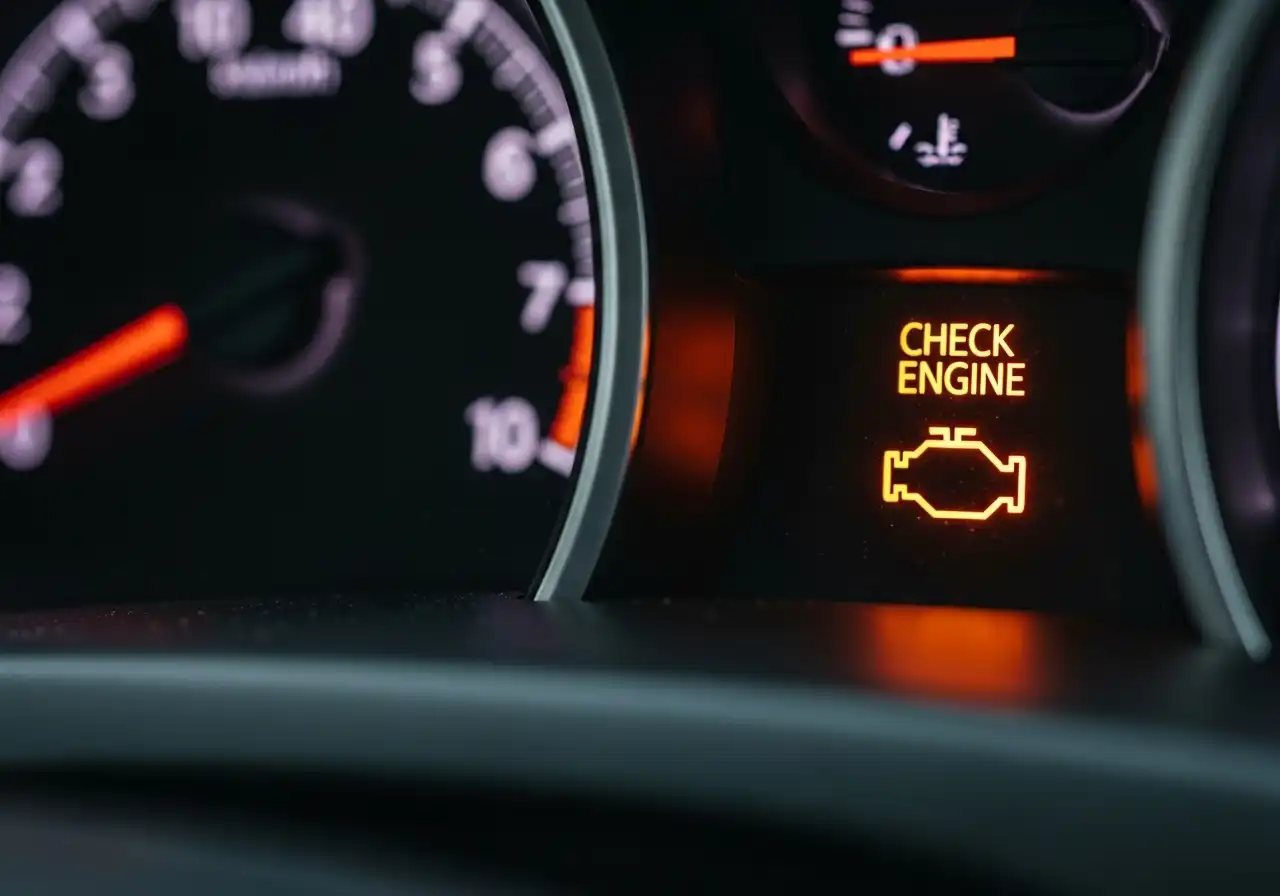Identifying a Lemon Vehicle and Your Legal Options
Buying a car is a significant investment, and when that vehicle turns out to be defective, it can cause financial strain, stress, and inconvenience. A lemon vehicle is one that has recurring defects that cannot be repaired within a reasonable number of attempts, leaving you with a vehicle that’s unsafe or unfit for use. Understanding how to recognize a lemon and what steps to take next is essential for protecting your rights.
What Is a Lemon Vehicle?
A lemon vehicle is typically one that experiences serious defects which impair its safety, value, or functionality. Under California’s Lemon Law, these defects must be present during the warranty period, and the manufacturer or dealership must be given a reasonable number of opportunities to repair them. If the issue persists, the car is considered a lemon.
Common Signs of a Lemon Vehicle
Some common signs that your car might be a lemon include:
- Repeated mechanical failures: Frequent breakdowns or defects that affect the car’s core functions.
- Ongoing safety issues: Problems that compromise the safety of the vehicle, such as malfunctioning airbags or faulty braking systems.
- Inability to fix the issue: If the same problem persists despite multiple repair attempts, your vehicle may be a lemon.
- Extended repair times: If your vehicle spends more time in the shop than on the road due to unresolved defects.
If you notice any of these signs, it’s important to act quickly.
Step 1: Keep Detailed Records
The first step is to document every issue with your car, including the dates of repair attempts, the nature of the defect, and any interactions with the dealer or manufacturer. This evidence will be critical if you decide to pursue a lemon law claim.
Step 2: Notify the Dealer or Manufacturer
Once you’ve identified that your car may be a lemon, the next step is to notify the dealer or manufacturer in writing. You should provide a detailed list of the defects and the repairs made, and give them an opportunity to fix the problem. Under California’s Lemon Law, the manufacturer must have a reasonable number of attempts to repair the vehicle.
Step 3: Seek Legal Help
If the repairs are unsuccessful and the problem persists, it’s time to consult with a lemon law attorney. A lawyer can help you understand your rights and whether your vehicle qualifies for a lemon law claim. They will guide you through the process, from filing a claim to negotiating a settlement.
Step 4: Pursue Compensation or a Replacement
If your vehicle qualifies as a lemon, you are entitled to a refund or a replacement vehicle, depending on the circumstances. In some cases, you may also be able to recover other expenses, such as legal fees and towing costs. Your attorney will work to ensure that you receive the compensation you deserve.
If your vehicle is a lemon, you don’t have to face the burden of dealing with a defective car alone. By recognizing the signs of a lemon vehicle and taking the necessary steps, you can protect your rights and seek the compensation you’re entitled to. Contact a lemon law attorney today to get expert guidance and start the process of resolving your lemon vehicle issue.



